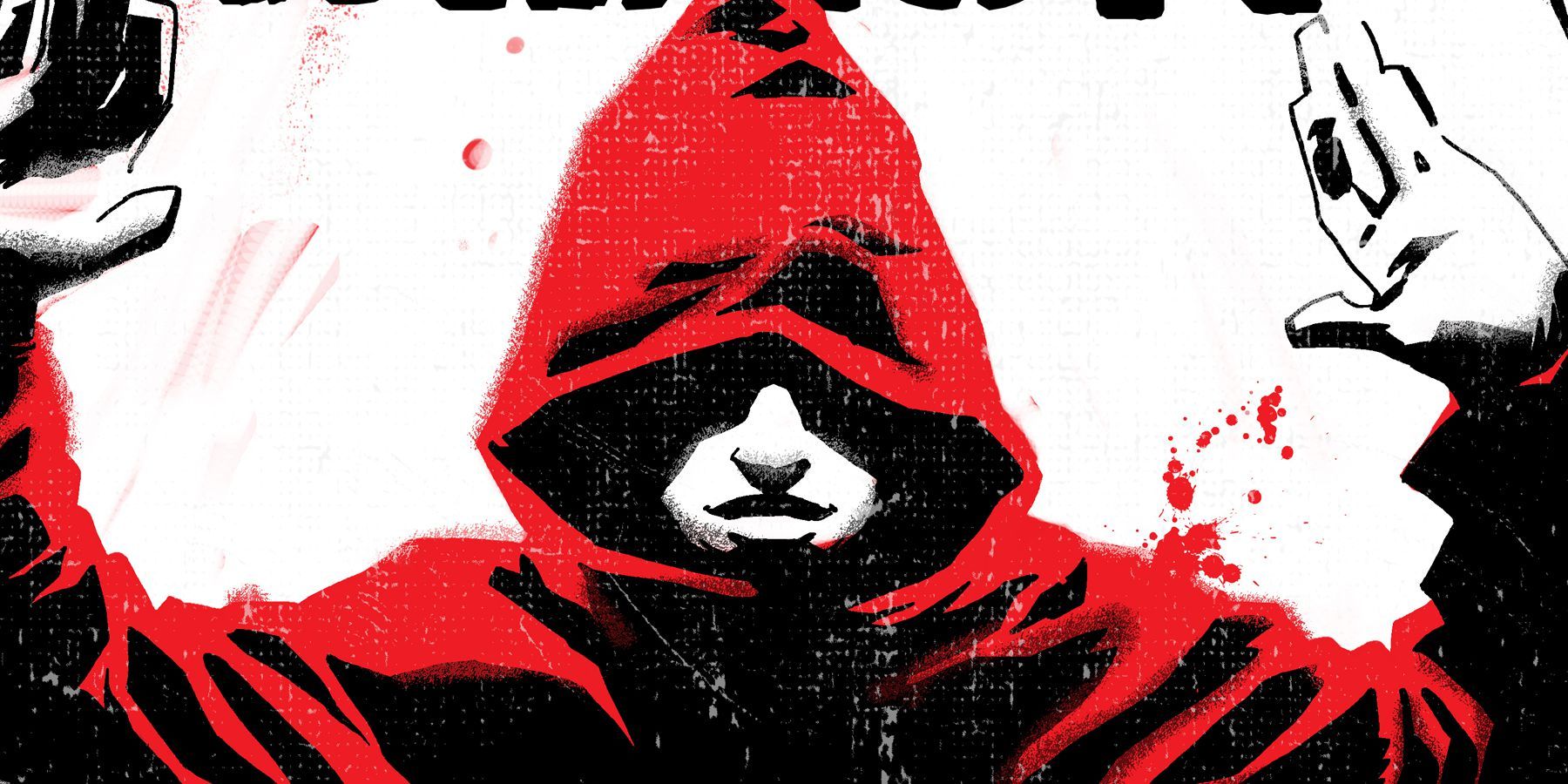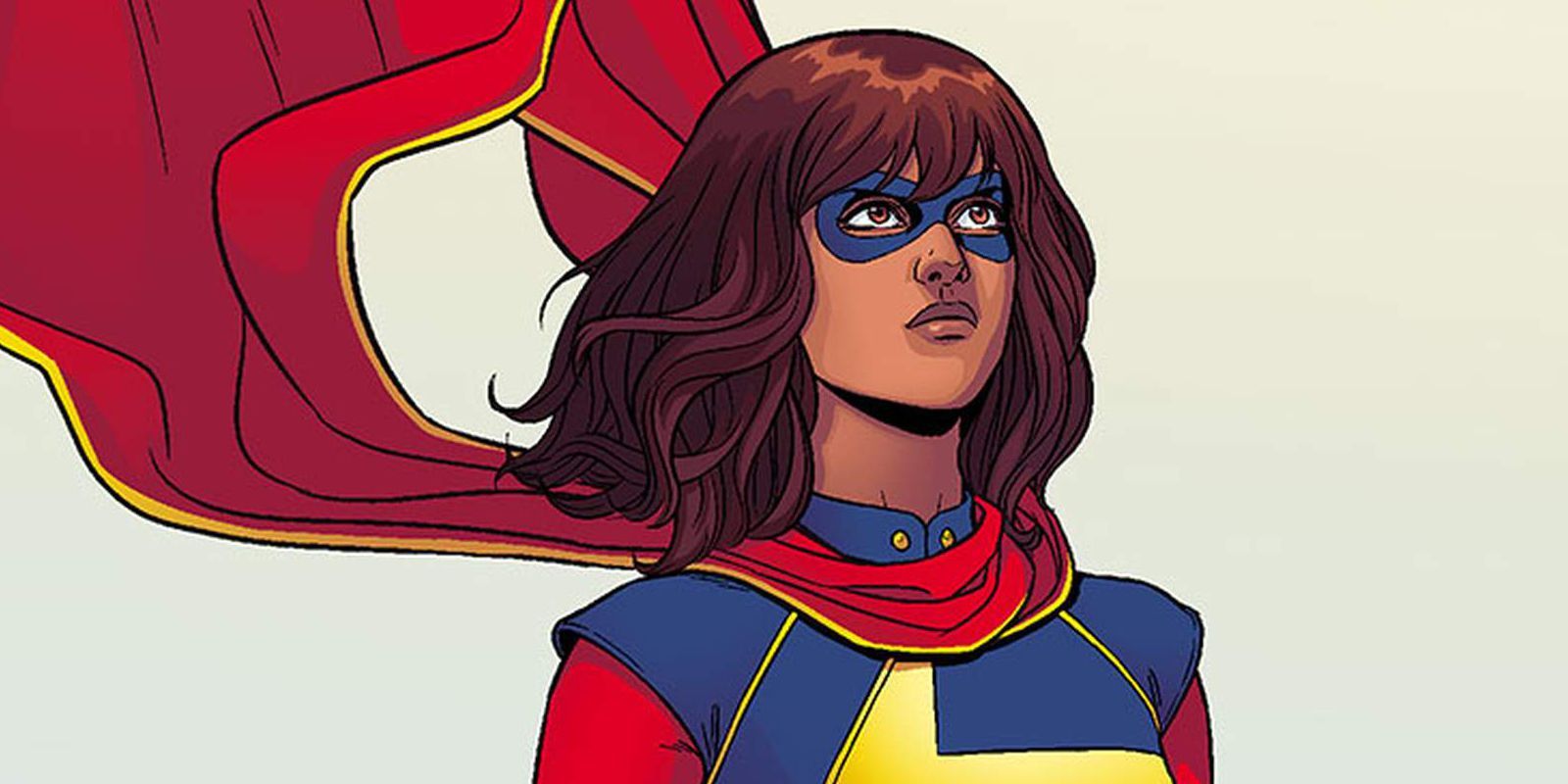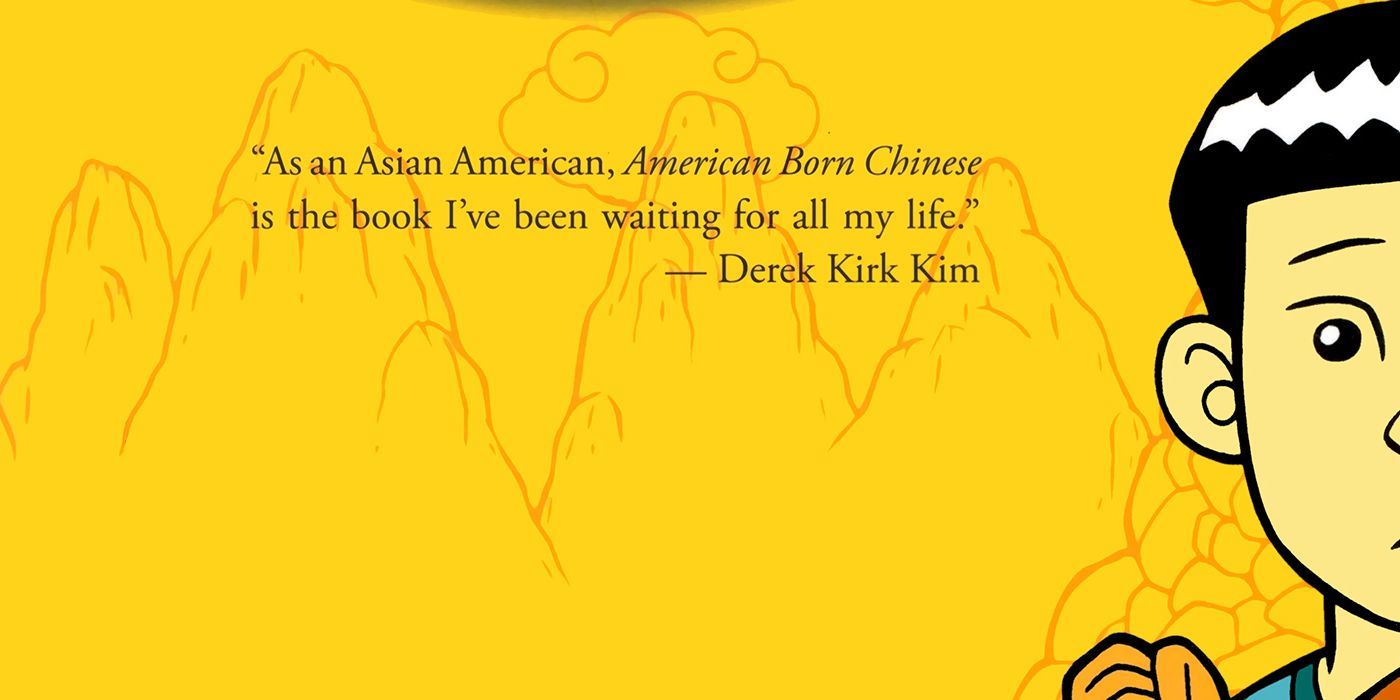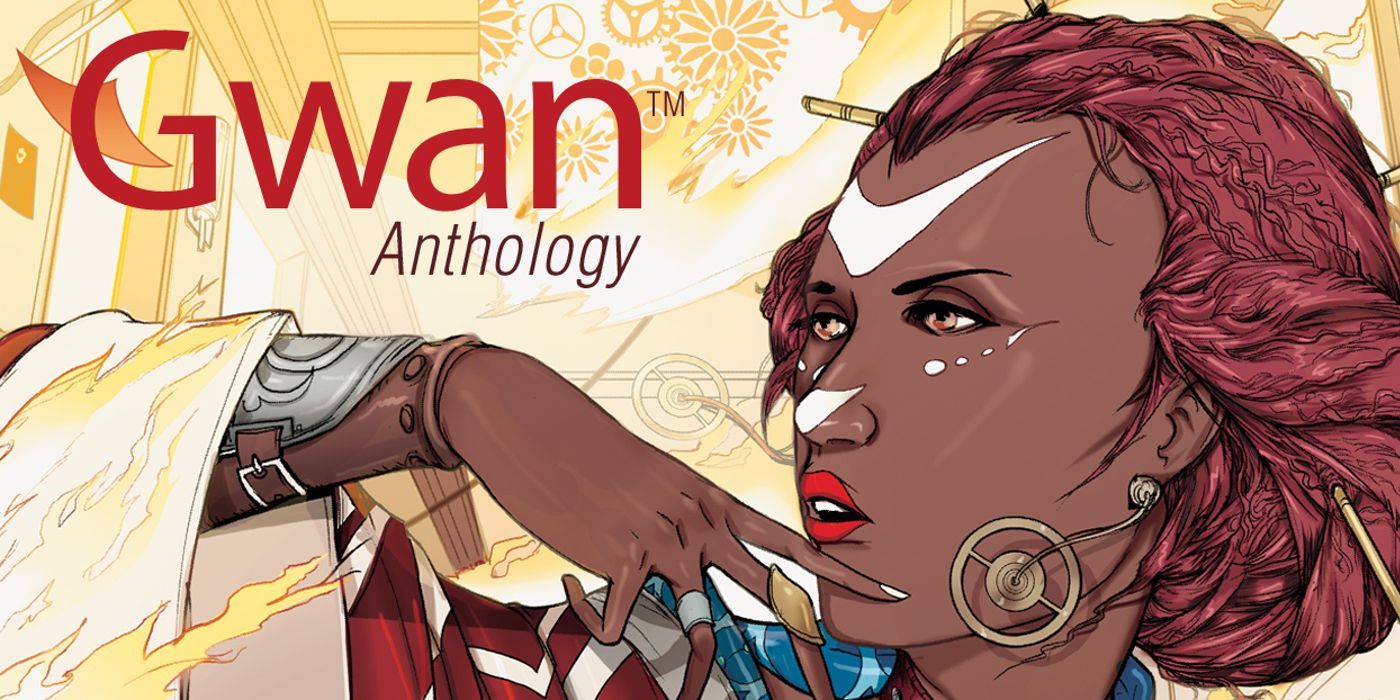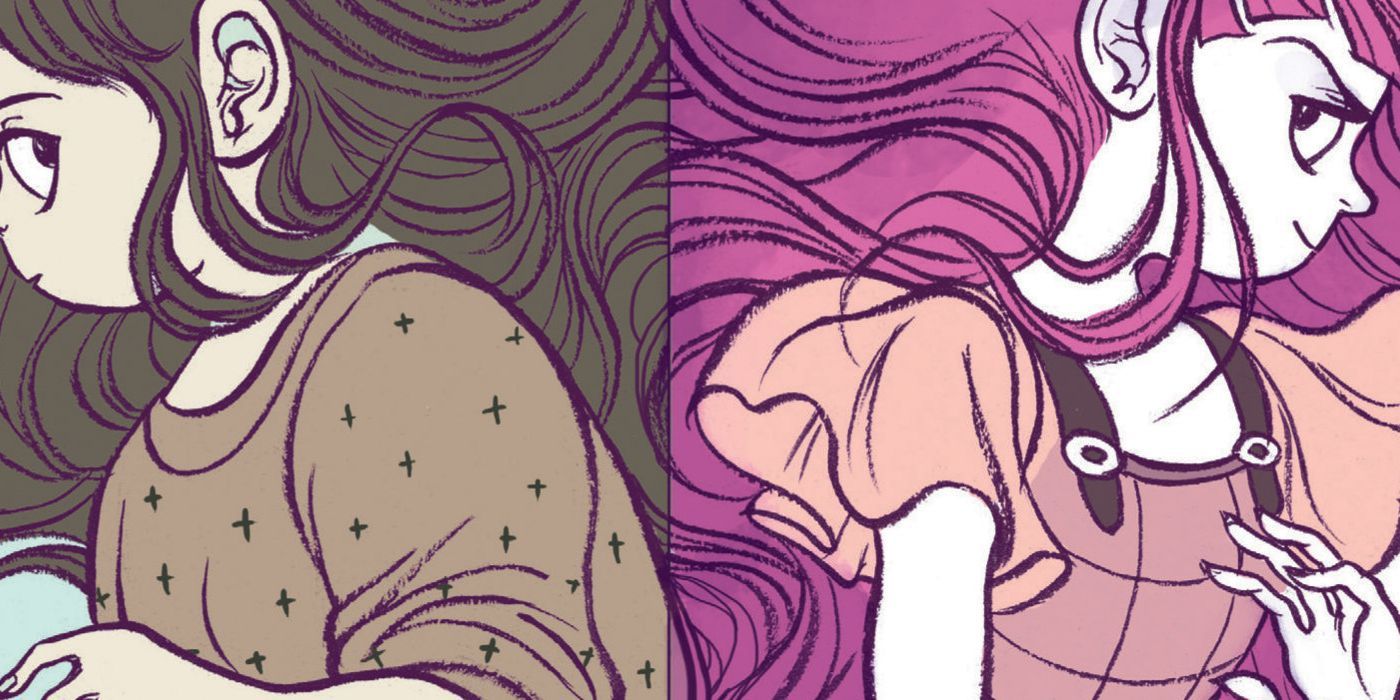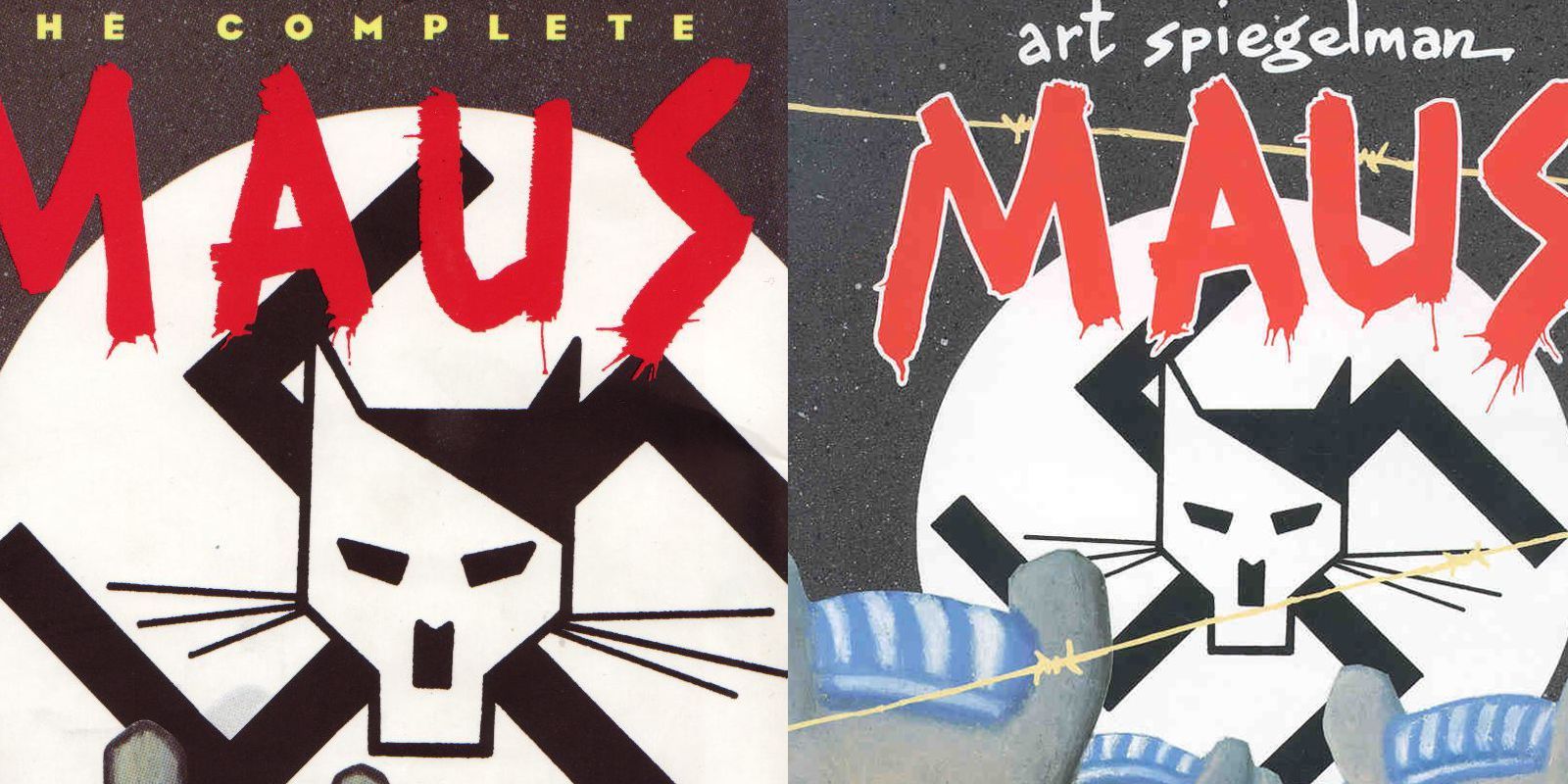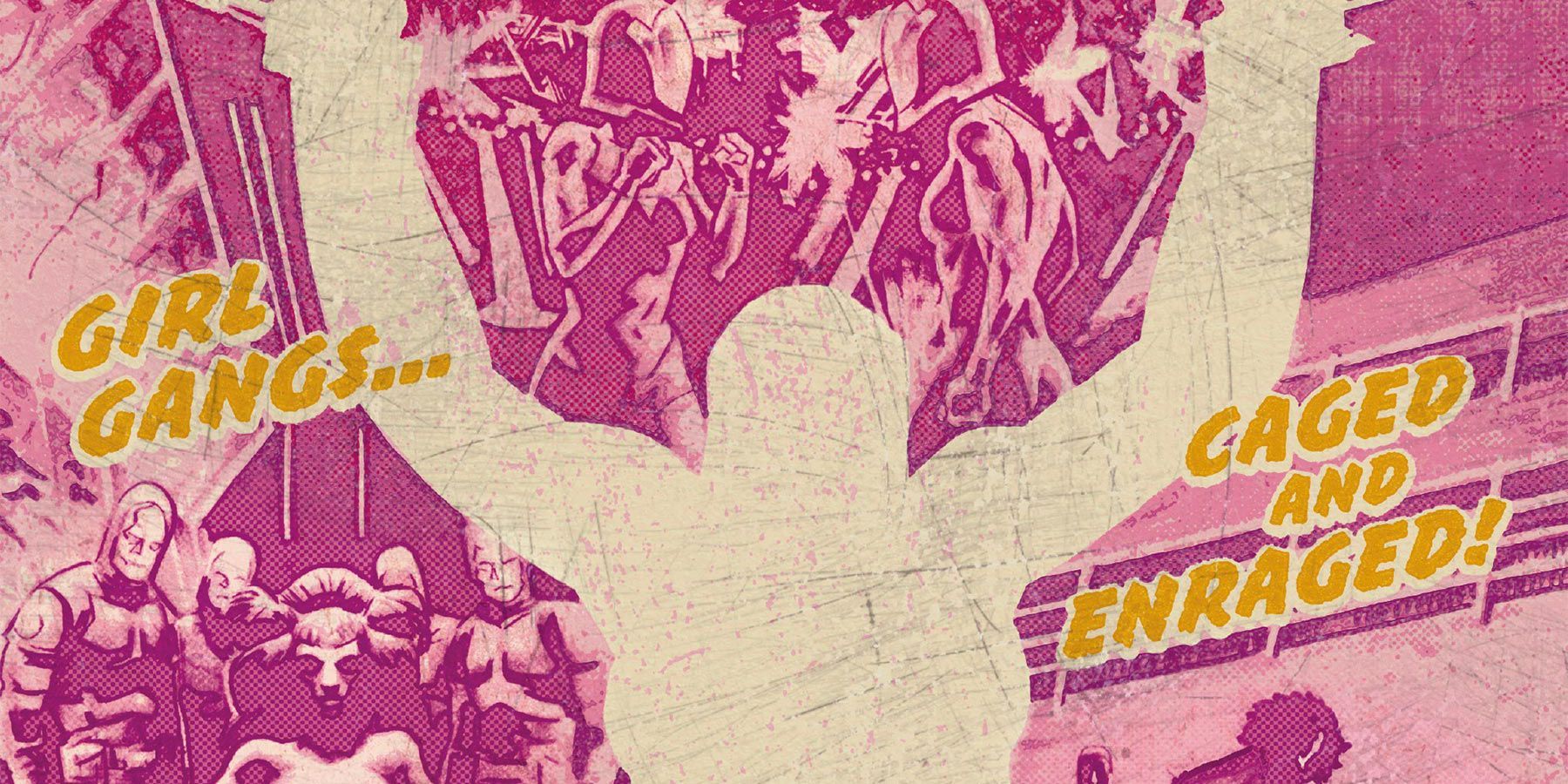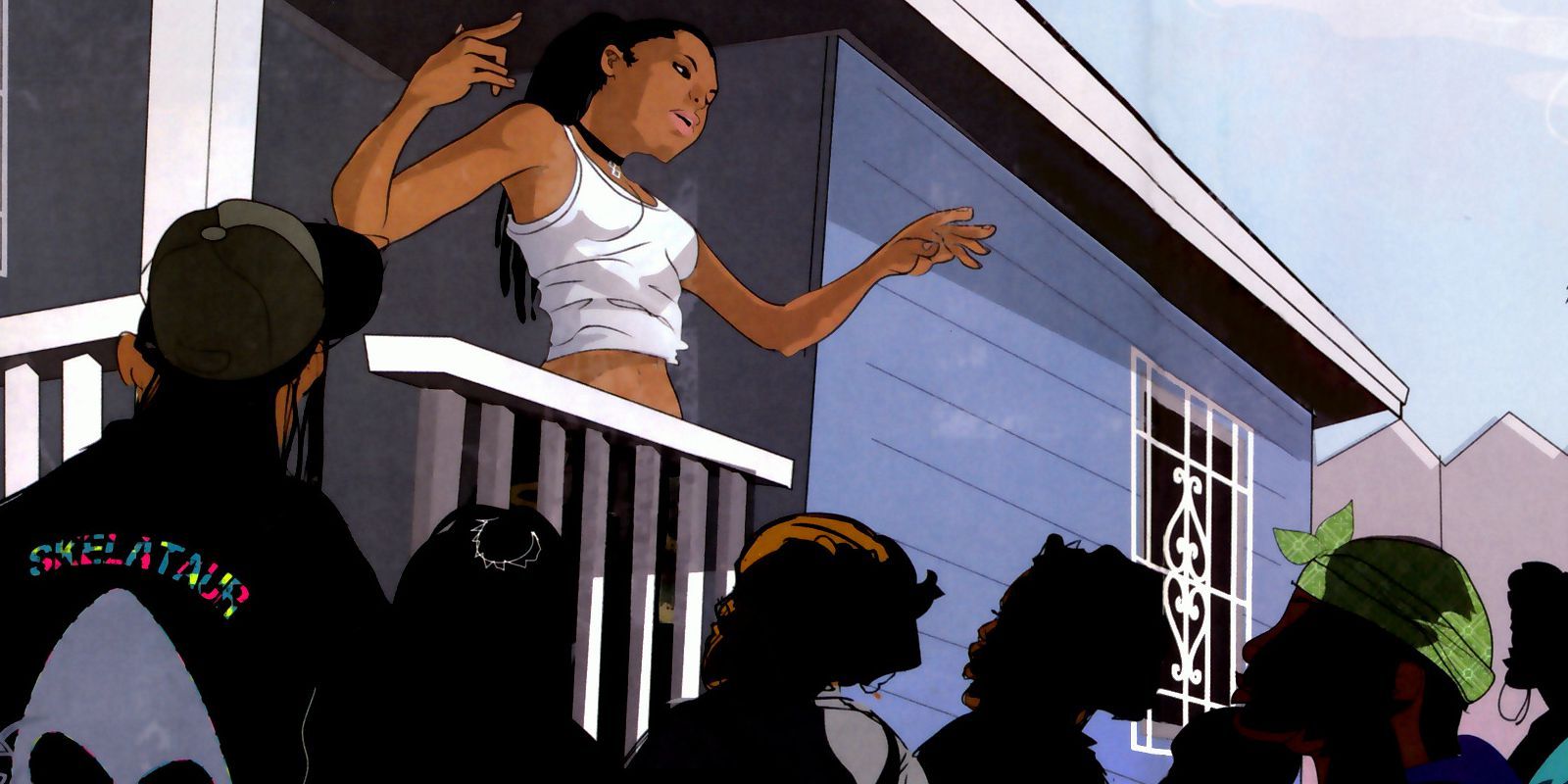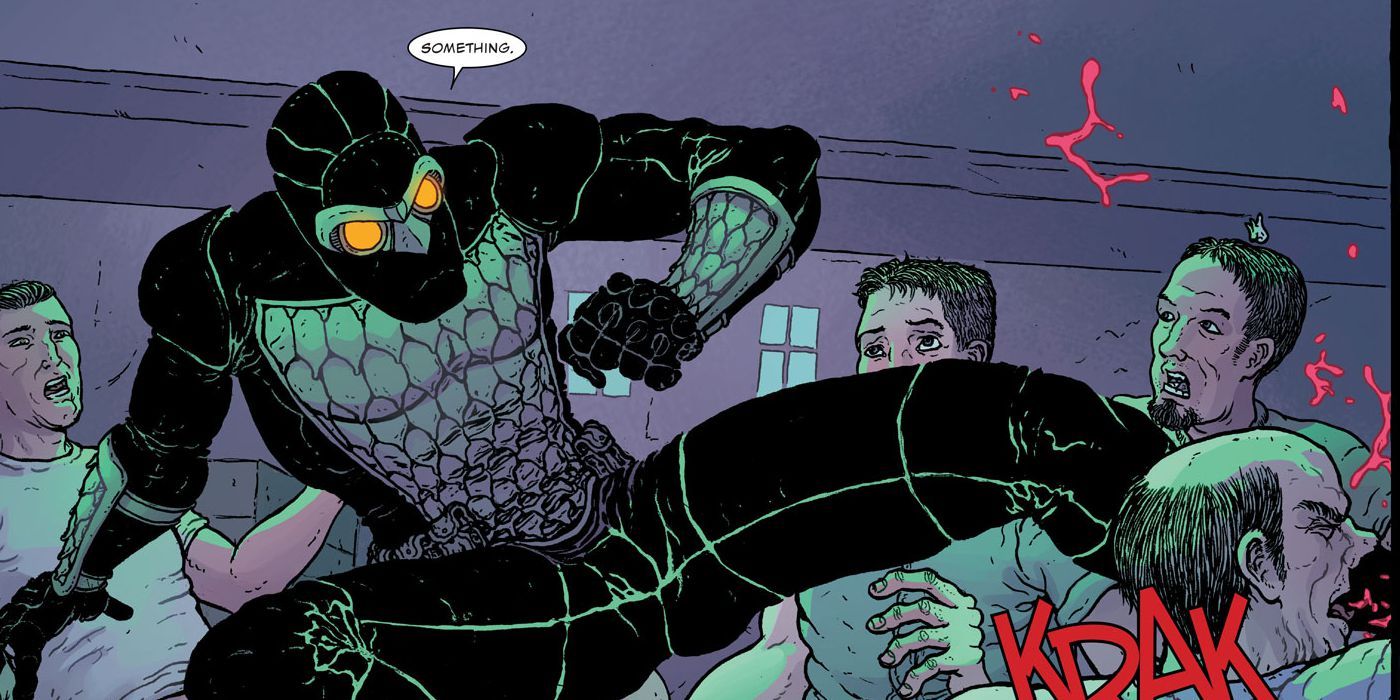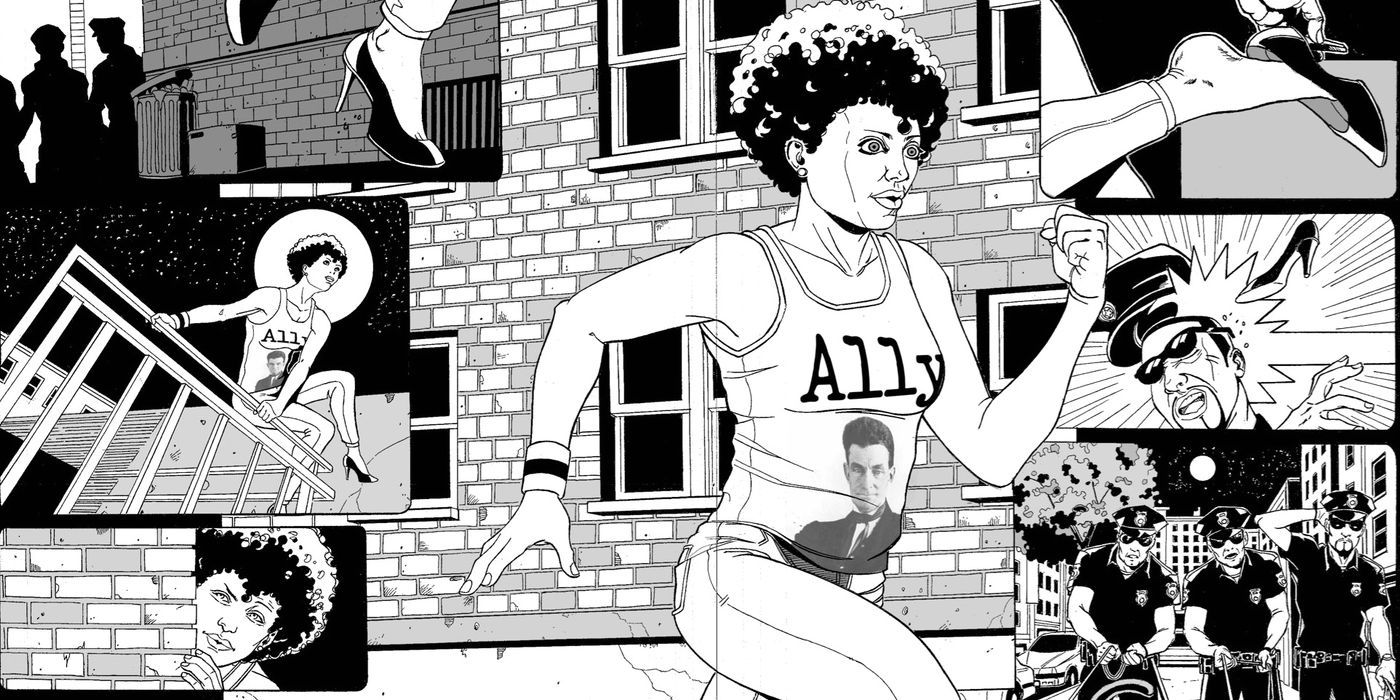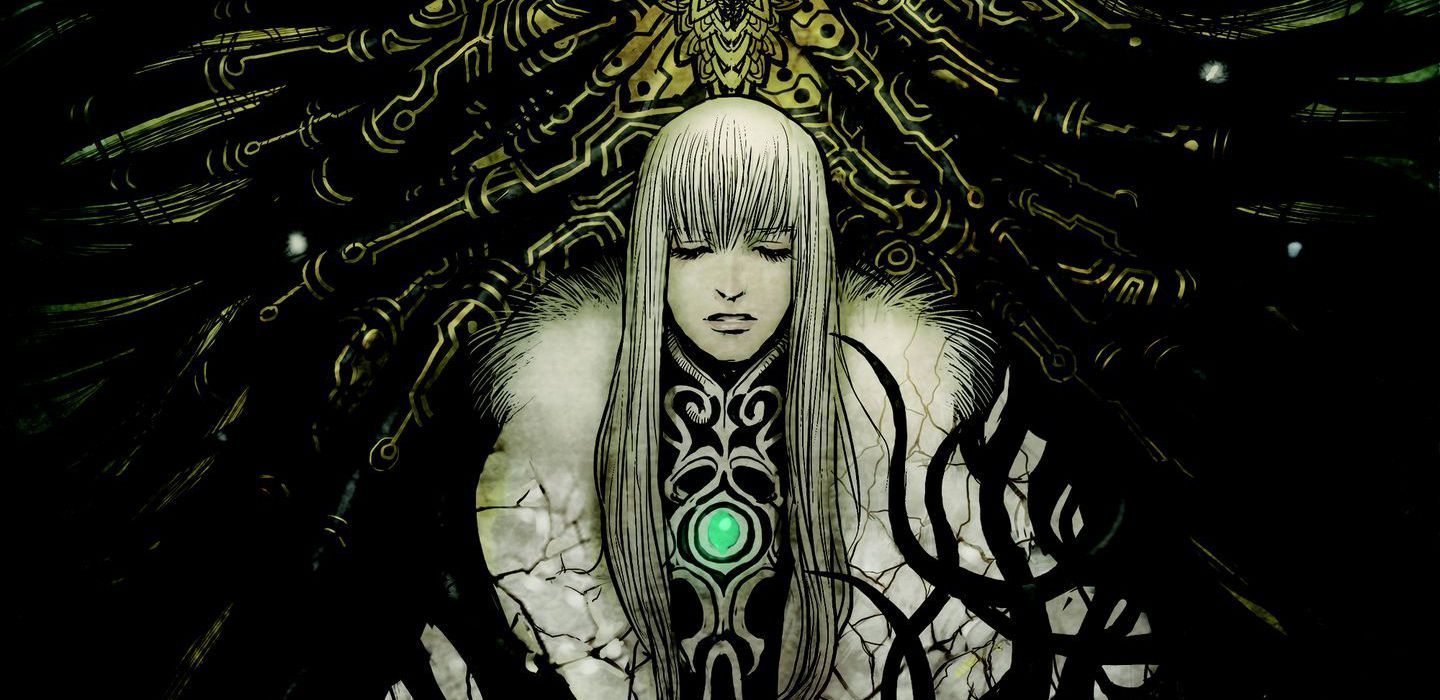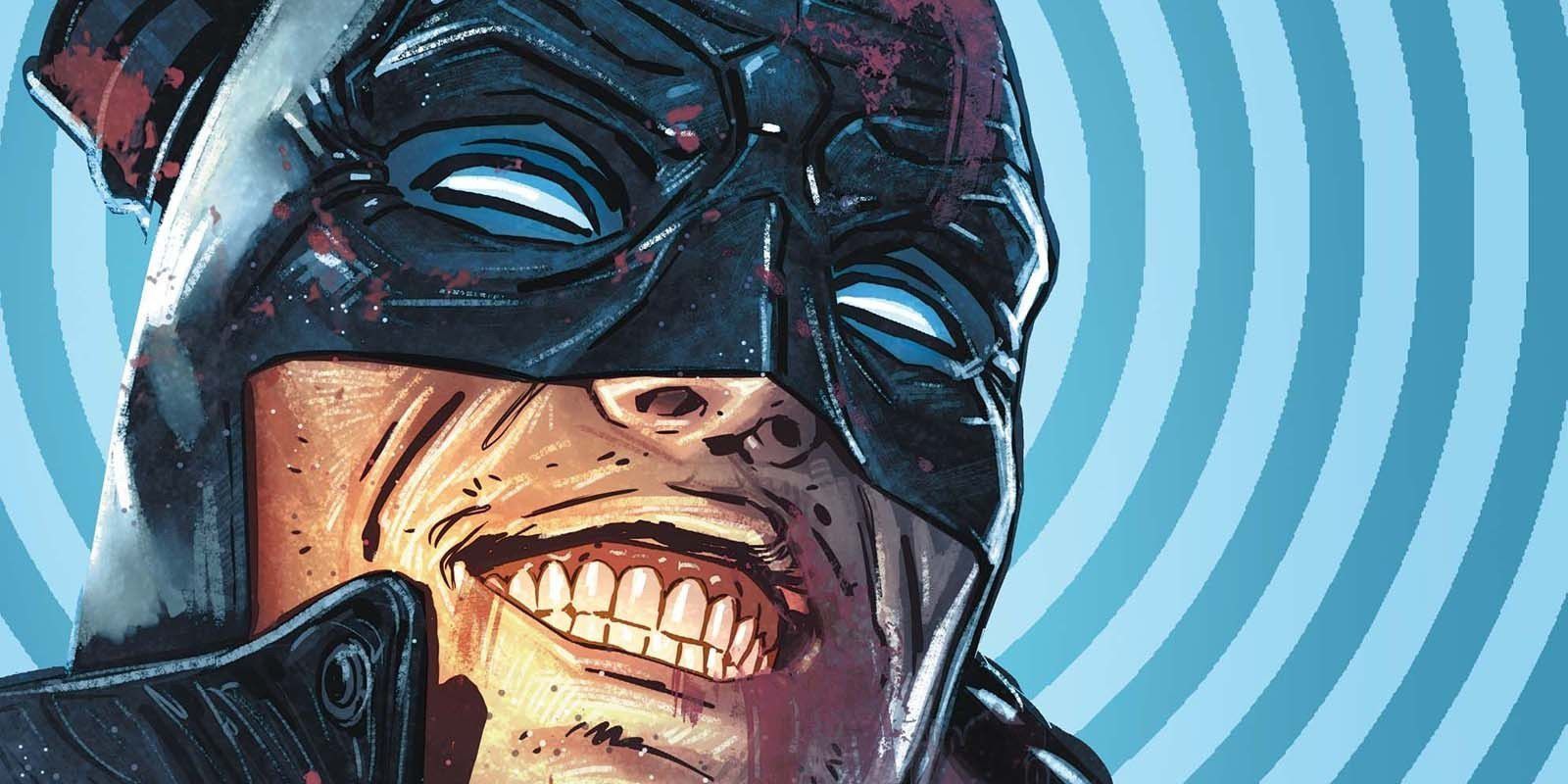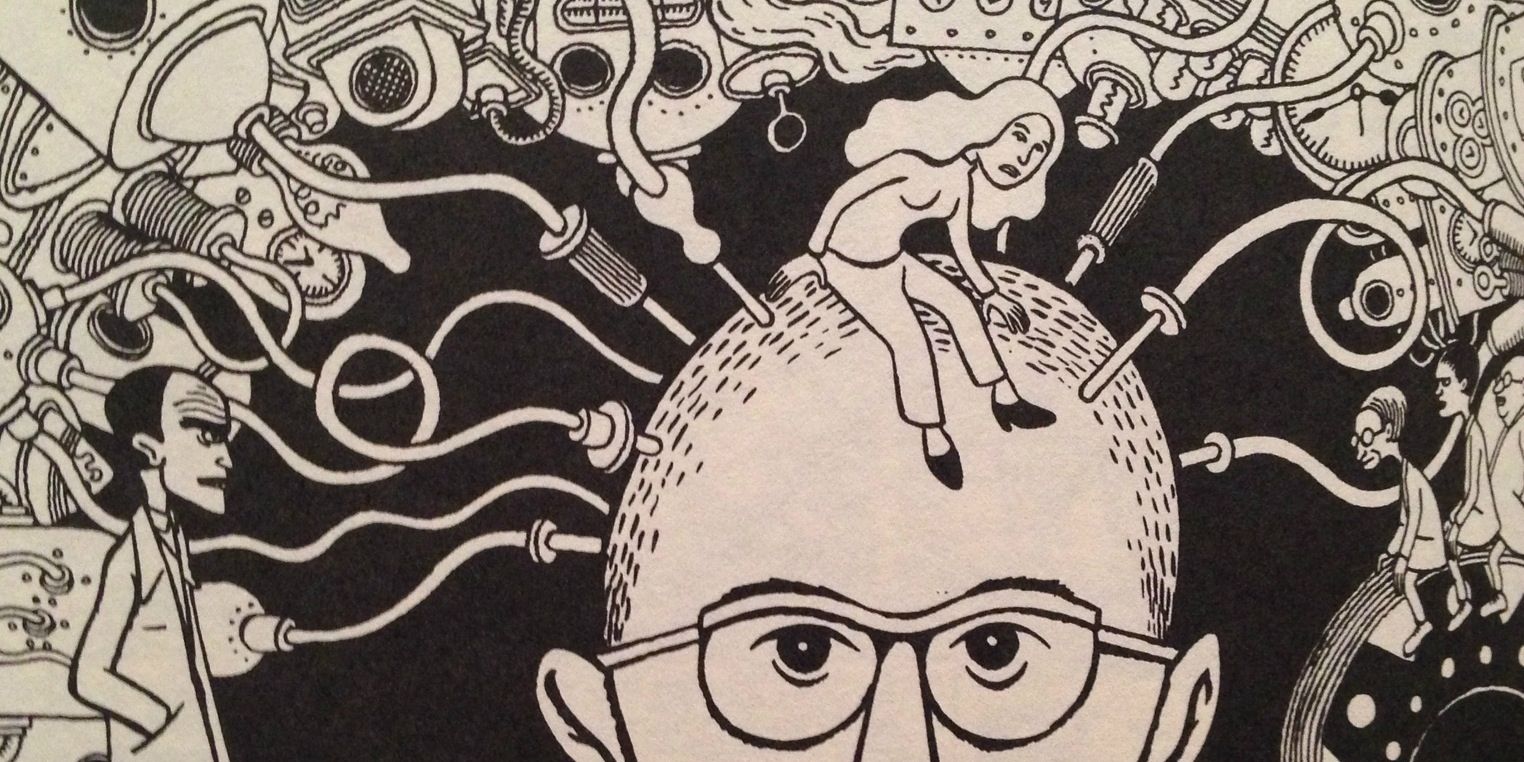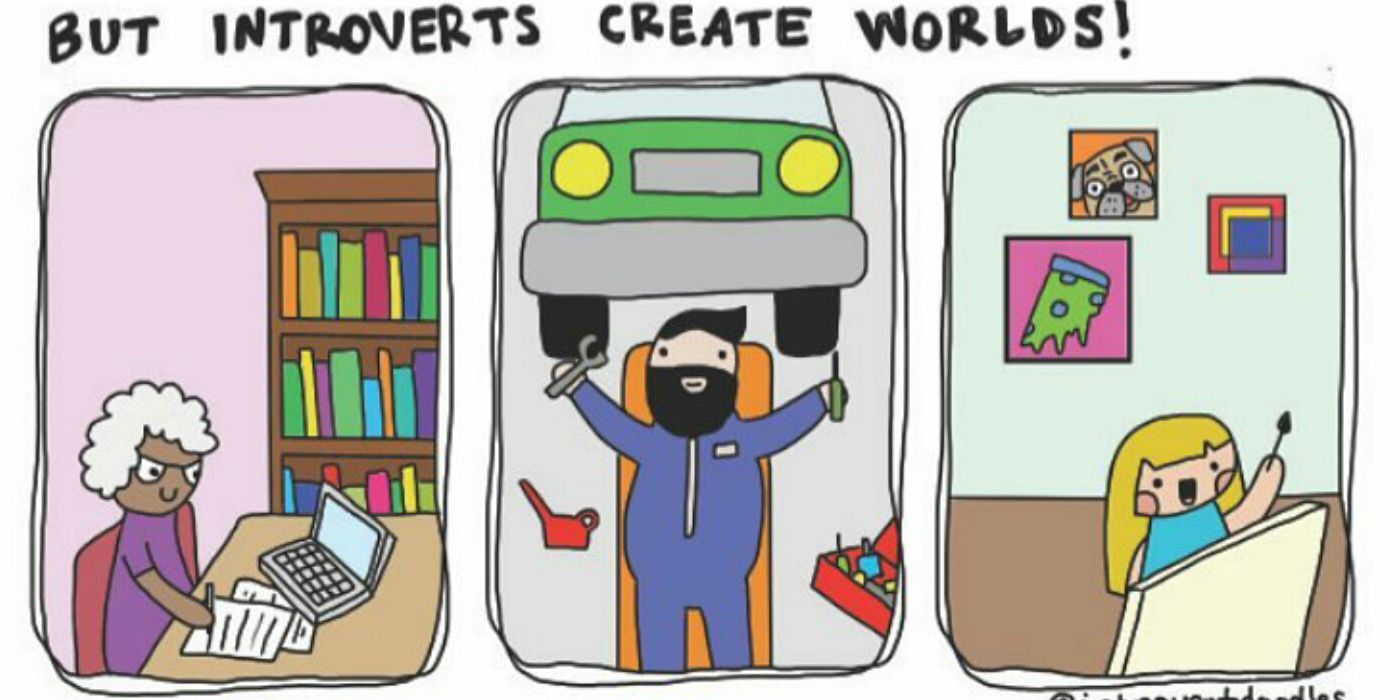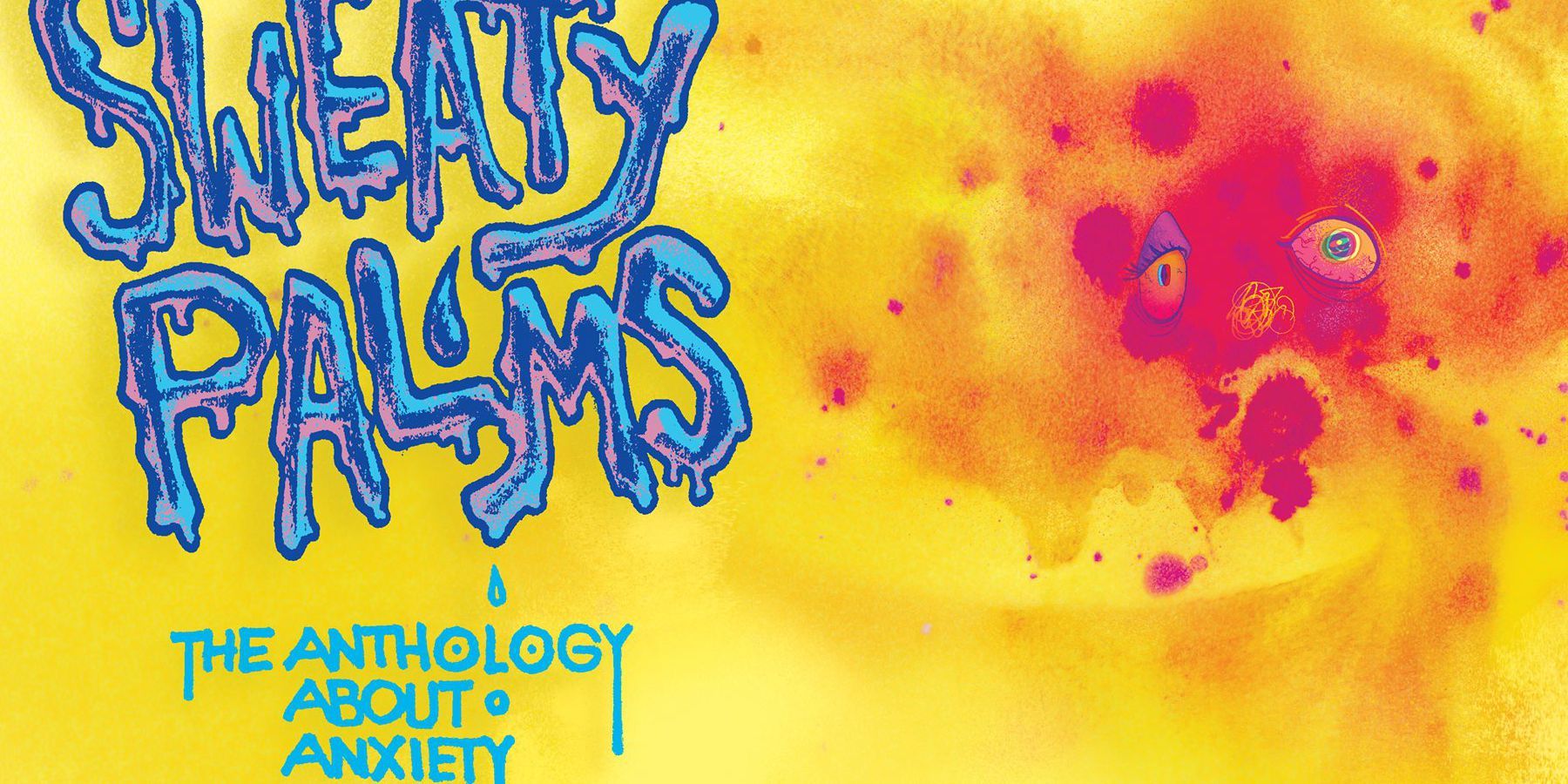While comics have always been considered a source of entertainment, it has also been a great medium for providing commentary about the world around us. From the feminist empowerment of Wonder Woman to the discriminated-against mutants of the X-Men, there are many comics that have encouraged readers to think a little more and be a little better toward others. Readers who are especially well-versed in comics know that those with a message extend far beyond the world of superheroes.
RELATED: 17 Amazing True Life Stories Told In Comics
Sometimes, the most powerful messages come from comics containing magical beings of fantasy, characters inspired by real life people and circumstances, and even the creators' own experiences. Some of these comics are well known and in the mainstream, while others are lesser known and independently published. Yet all of these comics are super important because they have the potential to change lives for the better. Here are 15 comics that say something.
15 Ms. Marvel
When Marvel decided to make the new Ms. Marvel a Pakistani-American teenager, it ended up being one of the most groundbreaking moves in the past decade. Mainly inspired by the coming-of-age experiences of Marvel editor Sana Amanat, these comics show a superhero whose cultural identity becomes a major part of her superhero identity. In "Ms. Marvel: No Normal," by G. Willow Wilson, Adrian Alphona and Sana Amanat, Kamala learns that she doesn't have to assimilate into the idea of a blonde-haired white superhero.
Even though she idolizes the former Ms. Marvel, Carol Danvers, Kamala Khan claims the name Ms. Marvel in her own way, notably by wearing a burkini in place of the leotard associated with Danvers. Given how many Muslim women in America and abroad have faced discrimination for wearing a headscarf or burkini, Kamala Khan is a beacon of hope for many. Kamala Khan shows that brown girls everywhere can be a superhero on their own terms.
14 American Born Chinese
In four seemingly unrelated tales, Gene Luen Yang tells a fantastic coming-of-age story. Featuring a Chinese American teenager Jin Wang, an American teen named Danny, Danny’s very stereotypical cousin Chin-Kee, and a disrespected Monkey King, these stories merge Chinese folklore and modern day teen drama in an engaging manner. Jin Wang and Danny just want to fit in, but their respective Chinese heritages prevent them from doing so.
Meanwhile, The Monkey King attempts to become a god through amusing antics and Chin-Kee threatens to ruin Danny’s popularity forever. As a result, everyone must come to terms with who America wants them to be versus who they really want to be. Together with vibrant artwork that is contemporary yet somehow classic, "American Born Chinese" considers what it means to be caught between cultures, to discover who you are and embrace all of your identity in a country that often forces you to choose between them.
13 G'wan Anthology
Published by Forward Comix and edited by Jerome Walford, this collection of comics and artwork features contributors from 15 countries around the world. Inspired by the Jamaican patois word that means to “go on or get out”, the anthology focuses on the immigrant experience, foreign lands, and cultural fusion. Some comics tackle the book’s themes in a serious manner, while others are fun and humorous.
Genres range from fantasy and sci-fi to slice-of-life. One notable comic, titled “Son of Two Empires,” has Chilean, Italian and American creators behind it. The comic itself portrays imperialism through the eyes of Aztec children, and is authentic due to the backgrounds of the creators. Another comic, “Journey to Oz,” had Asian creators putting their spin on the Wizard of Oz. Some of the standalone artwork is impressive as well, especially the ones that have a personal touch. Smart, colorful and fun, Jerome Walford's book gives a much-needed voice to an often life-changing experience.
12 In Real Life
In recent years, the topic of "women in gaming" has been a hot button issue for female gamers, developers and other people involved in the gaming industry. While most of the commentary has been done in essays and articles, Cory Doctorow has taken a more creative approach in discussing the subject. The comic tells the story of a teenaged girl named Anya who plays the fictional multi-player role playing online game Coarsegold.
Soon, what starts as innocent gameplay quickly turns serious when Anya meets a poor Chinese kid whose avatar illegally collects objects and sells them to players. As a character, Anya is already worth rooting for because of the fact that she is a female gamer participating in an organization that is made for and by female gamers. However, Anya is also notable because she learns a lesson about how her actions in the game can have serious consequences on players offline.
11 Maus
A modern classic so iconic that it is required reading in schools, "Maus," by Art Spiegelman, is the heartbreaking autobiographical story of the author's father in The Holocaust. Substituting mice for Jewish people and cats for Nazis, the black-and-white comic is a grim metaphor for a dark time in history. The content sugarcoats nothing, featuring the Jewish mice being murdered, killing themselves to avoid capture, and torn apart from their families in many panels.
At the same time, the comics also deal with the lingering psychological damage inherited from family members. For example, part of the book features a comic the author drew after his mother's suicide to deal with the traumatic aftermath. Despite the chilling moments, there are also tender ones between mother and father, and father and son. The latter is especially poignant as the author gradually comes to terms with his family’s pain as he interviews his father for the book.
10 Bitch Planet
Set in a future world that may soon become reality, "Bitch Planet," by Kelly Sue Deconnick and Valentine De Landro, tells the story of women who are convicted of "non-compliant" behavior and sent to prison on another planet. Influenced by 1970's prison exploitation films as well as our current socio-political climate, it is feminist in a way that is intersectional and refreshing, with the women featured in the book coming from a variety of backgrounds.
Penny Rolle is a baker who is fat, black and proud of it. Meiko Mori is an engineer who wants to use her knowledge to rebel against the system that imprisons her and others. These women are considered non-complaint because they aren't the ideal woman that meet the standards set by The Council of Fathers, an authoritarian group of men that dominate them and anyone considered their underlings. When woven together with educational reader discussions in the back, you have a series that is unflinching honest, intelligent and entertaining.
9 Genius
When you think of great military minds, men like Sun Tzu and Napolean usually come to mind for either their written philosophies on combat or for their victories on the battlefield. In "Genius," by Marc Benardin, Adam Freeman and Afua Richardson, the military mind is a black teenaged girl named Destiny. Using her ability to see two moves ahead, she literally leads her community against a law enforcement system that perpetuates police brutality and hate crimes, much of which remains a larger problem in the real world today.
Meanwhile, the powers in question attempt to figure out who exactly is in charge of the street troops while attempting to defend themselves. She and her army are not born soldiers but are neighbors, workers, siblings and lovers who are tired of being threatened by the powers that be. Ironically, the police officers see them as the threats and picture Destiny as a man, demonstrating how ignorance can prevent marginalized identities from having their demands met.
8 Black
The tagline "What if only black people had superpowers?" just scratches the surface of this timely comic by Kwanza Ozajefo, Jamal Igle, Tim Smith 3 and Khary Randolph. The plot revolves around a black teenage boy named Kareem, who discovers he has superpowers after he miraculously survives being gunned down by the cops. As a stand-in for far too many real-life victims of police brutality, Kareem's world changes not only due to his newfound powers, but also because he survives in a world that continues to see him as a threat.
In more ways than one, it's a more realistic take on superheroes of color than the majority of comics currently out there. Rather than being instantly accepted by everyone for saving the day, he is still feared and has to discover who can help him figure out where to go next. Taking the superhero mythos and applying it to police brutality, injustice and racial identity, "Black" considers who can be seen as a hero and who is seen as a villain.
7 Nighthawk
Despite having a brief run of only six issues, "Nighthawk" managed to be one of the grittiest comics published in recent years. As a black man who battles injustice by night, it would be all too easy to compare the titular hero to DC's Batman. Yet Nighthawk stands out as his own hero because he confronts racism experienced by African Americans in a way that is more angry and violent than most caped crusaders. This anger and violence might offend some, but it also makes him a mirror to those who have experienced injustice and need someone to rectify it.
David F. Walker's "Nighthawk" does this in more ways than one, combating white supremacists and serial killers in a city filled with gun crime and gentrification. At the same time, Nighthawk is also battling himself as he struggles to contain the anger caused by his own personal injustice and questioning his values. Although rage may be the only thing keeping him together, it burns hot enough to brand a striking impression in the reader’s mind.
6 Hafrocentric
Since the art style of "Hafrocentric" is reminiscent of the Sunday funnies comic "Curtis," you might think it would be in a newspaper rather than a comic book. Despite having its own comic strips and humor, "Hafrocentric" is not your mother's newspaper comic. Balancing comedy and socio-political commentary, the comics navigate African American and Latinx identities through five undergraduate college students.
These students include self-proclaimed radical Black feminist Naima Pepper, her apolitical drummer brother Miles, walking contradiction Kwame, tea lover Rahsaan, Cuban nationalist Elizondo, and stud lesbian Renee. In order to get an idea of the content, the comic strip is a great place to start. Those who keep in touch with current news and events will have no problems understanding what each strip is discussing. Containing topics that range from the 2016 Olympics to diverse emojis and an endearing cast of characters, "Hafrocentric" is one of the funniest and most intelligent comics out today.
5 Monstress
Set in an alternate Asia and combining steampunk and dark fantasy, "Monstress," by Marjorie Liu and Sana Takeda, is an intricately layered story about an ongoing war between two groups known as the Arcanics and the Cumaea. The Arcanics are enslaved magical beings treated less than human while the Cumaea are sorceresses that consume Arcanics in order to renew their powers. At the center of this story is Maika Halfwolf, a young woman whose body harbors a creature with an endless hunger.
As she searches for answers about her murdered mother, she finds herself caught between a power struggle that can give her control over the creature and her own fate. Maika and the entire cast of characters are exciting and one of the most inclusive rosters in comics. In addition to having great characters, the comic also has gorgeous, eye catching artwork and subtle commentary on racism, war, corruption and human experimentation. Intelligent, ominous and entertaining, "Monstress" is one of the best fantasy comics in recent years.
4 Midnighter
The character Midnighter has been around since the late '90s, but the queerness of him and his partner Apollo is only recently getting attention. With bisexual writer Steve Orlando and artist ACO helming Midnighter's recent solo series, the violent vigilante hero could finally be out, proud and single. The first volume, aptly titled "Out," focuses on Midnighter's status as a gay man and a strong fighter with a supercomputer in his brain that stimulates a hundred different ways to fight before a move is made.
Due to him being back on the market and suffering from a case of amnesia, he must rediscover himself after someone steals a file on his previous life from a collector called The Gardener. The book shows Midnighter the man and Midnighter the hero in a way that makes the reader care deeply about the character. One moment he is beating up people to rescue a missing girl and next his new boyfriend is tending to his wounds. By reintroducing an iconic character to a new generation of comic readers, this comic is a step toward a more inclusive comic book world.
3 Epileptic
Sometimes, comics can be the key to making sense of harrowing experiences. This is the case of David B's autobiographical comic "Epileptic," which was originally published in French from 1998 to 2003. David B, whose full name is Pierre-François Beauchard, wrote and drew this comic to process his brother's struggle with epilepsy. The book takes place in the '60s and '70s, a time before epilepsy became manageable through an understanding of brain diseases and MRIs.
Since the medical establishment couldn't do anything to help his brother, David B's family tries every cure possible, from macrobiotics to exorcism. All of this occurs when the author is a child, but he has near total-recall of the ordeal. As a result, the drawings in the comic are cartoonish yet jarring as he uses monsters, phantoms and animated objects to tell his story. Providing a unique perspective on epilepsy, "Epileptic" shows that sometimes imagination can make invisible battles visible.
2 Introvert Doodles
Originally published online as a series of webcomics, Marzi's "Introvert Doodles" has been collected into a book made for introverts and socially-anxious people everywhere. Inspired by the artist's own explorations as an introvert, the comics show that introversion is natural and nothing to change or be ashamed of. While this may not seem like a big deal, these comics have managed to relate to other introverts prior to being collected in book form.
The comics manage to explore a variety of situations and topics that introverts experience, often providing a hilarious and honest best friend in panel form. One comic titled "Why Are You Online So Much?" compares and contrasts how the creator's quirks are treated online versus offline. Another comic titled "Fictional Friends" shows how introverts can be emotionally invested in fictional characters they care about. Giving a voice to an often maligned personality type, this comic is a joy to read.
1 Sweaty Palms Anthology
For those who read comics to feel less alone, it can be heartening to find a book dedicated to their experiences. Sage Coffey and Liz Enright were inspired to put together this anthology after having a distressing time with their own anxiety. After funding the project via Kickstarter, the digital version of the book was recently published and released online. Collectively, the comics are a mix of humor and seriousness that will connect to anyone dealing with anxiety.
One comic, titled “Stress Bird,” likens anxiety to an annoying bird that gets smaller when she drinks but bigger later on. Another comic, “A Day Like This,” tells the story of trying to get through the day while dealing with anxiety. In addition to providing a voice for those with anxiety, the anthology is further proof that comics are a great medium for discussing mental health issues. Consisting of 50 contributors and over 300 pages, this comics is a much needed book that breaks the stigma of mental illness.
What are some comics that you believe are sending a positive or important message into the world? Let us know in the comments!

